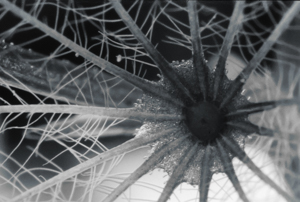I’ve heard that in the sage, everything happens spontaneously.
Yes. And do you want to know what else? In everyone, everything happens spontaneously. In you, everything happens spontaneously.
I don’t experience it like that.
Exactly. That’s the difference.
Do you believe that the Understanding can happen to anyone?
I don’t believe anything.
What?
There are no beliefs here.
That’s an extraordinary statement.
Not at all. It’s really quite simple. You either know something or you don’t. If you know something, you don’t have to believe it’s true or have faith that it’s true; you know it beyond doubt, it simply is, and there’s no belief involved. On the other hand if you don’t know something, the honest thing is to simply say you don’t know. But of course there are many psychological and political and social reason why people can’t admit, even to themselves, that they don’t know something, so they create a belief; which is essentially saying that you don’t really know something is true, but you’re going to pretend you do. It’s all activity in the dream. There’s really only one thing which is not of the dream, only one thing that can be known, and that is the basic consciousness, “I Am.” Everything else is just a concept, a construct of mind in the dream, something “I don’t know.” Everything.
Okay, but can this Understanding happen to anyone, any body/mind?
Of course.
Could it happen to me?
No, of course not. That’s the difference. But it could happen in the case of the body/mind organism which at the moment you think is you, and then there would be the understanding that there never was a ‘you,’ a ‘me’ for anything to happen to, and that who You are is the Consciousness in which all this appears to happen. The Understanding and the belief in a ‘me’ are mutually exclusive: if one is there the other will not be.
From ‘Perfect Brilliant Stillness’, David Carse, Non-Duality Press, ISBN: 954779282.
Extract Link, Review Link
Buy from Amazon US, Buy from Amazon UK

